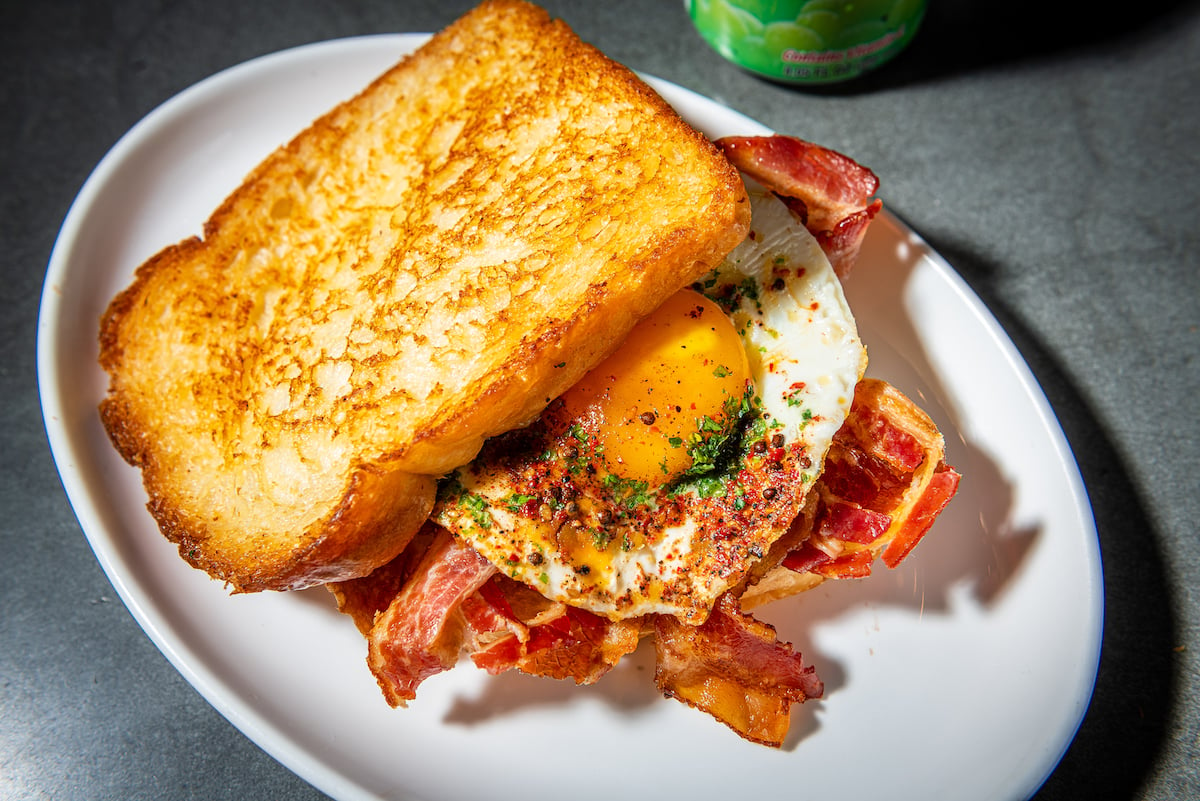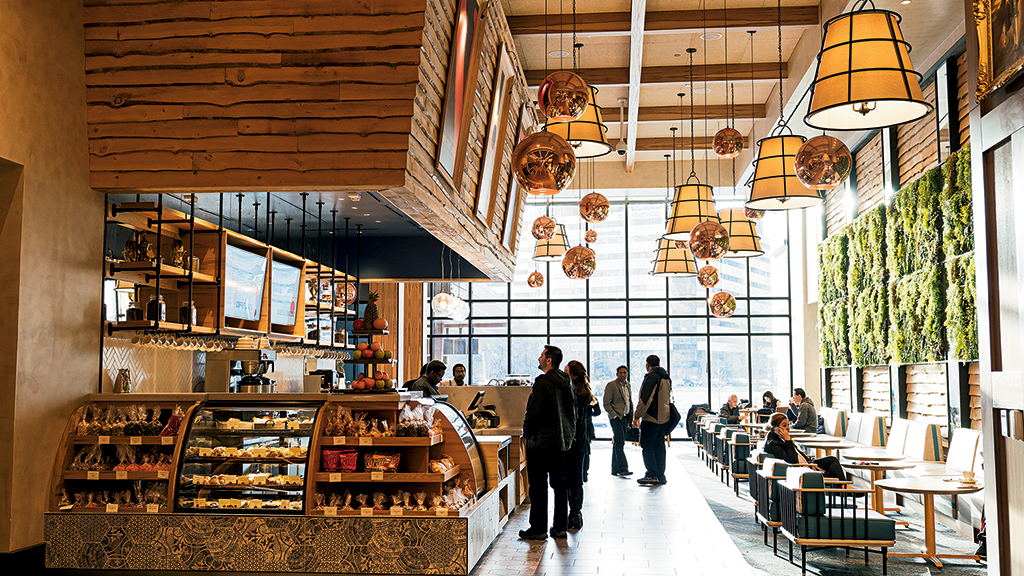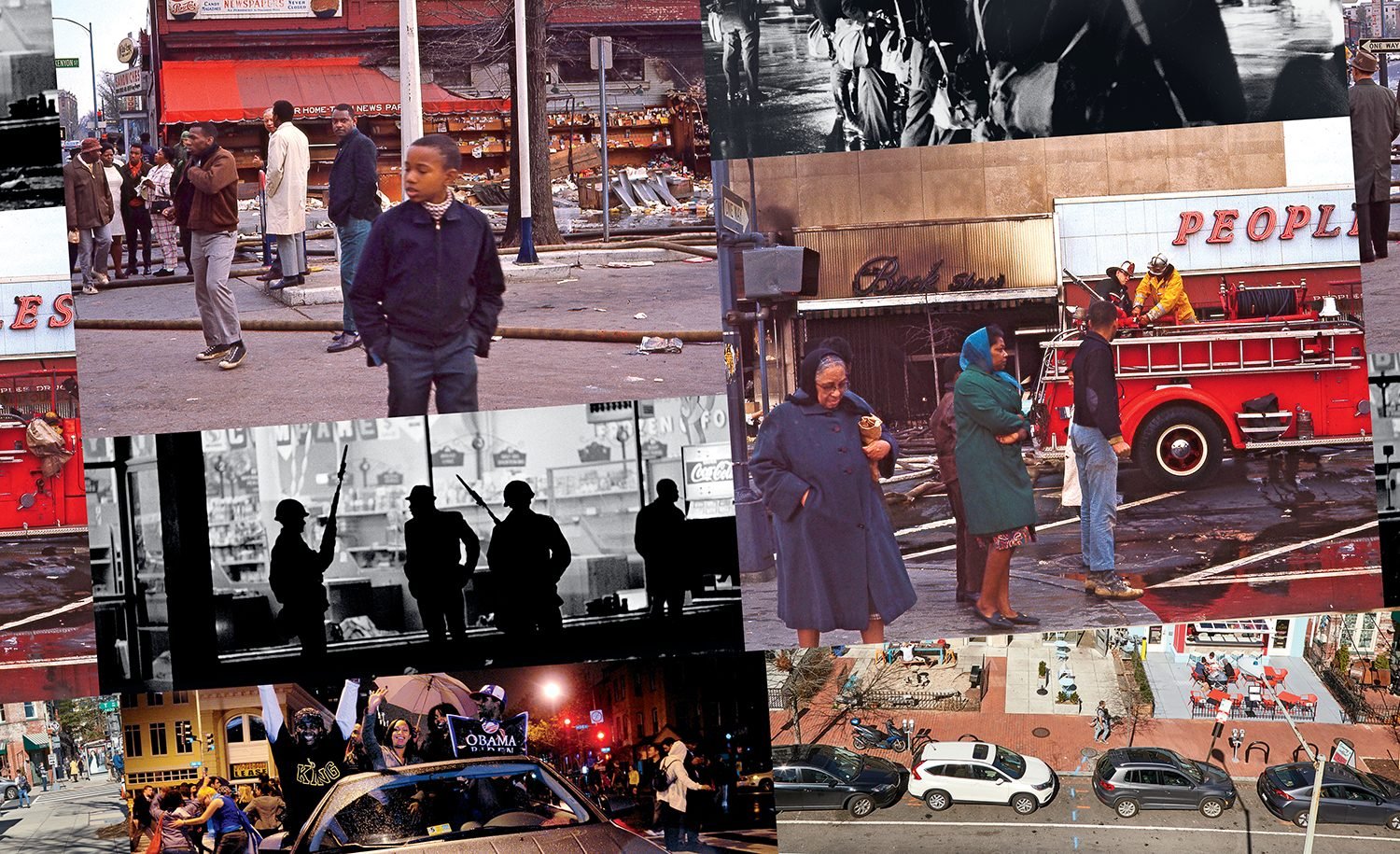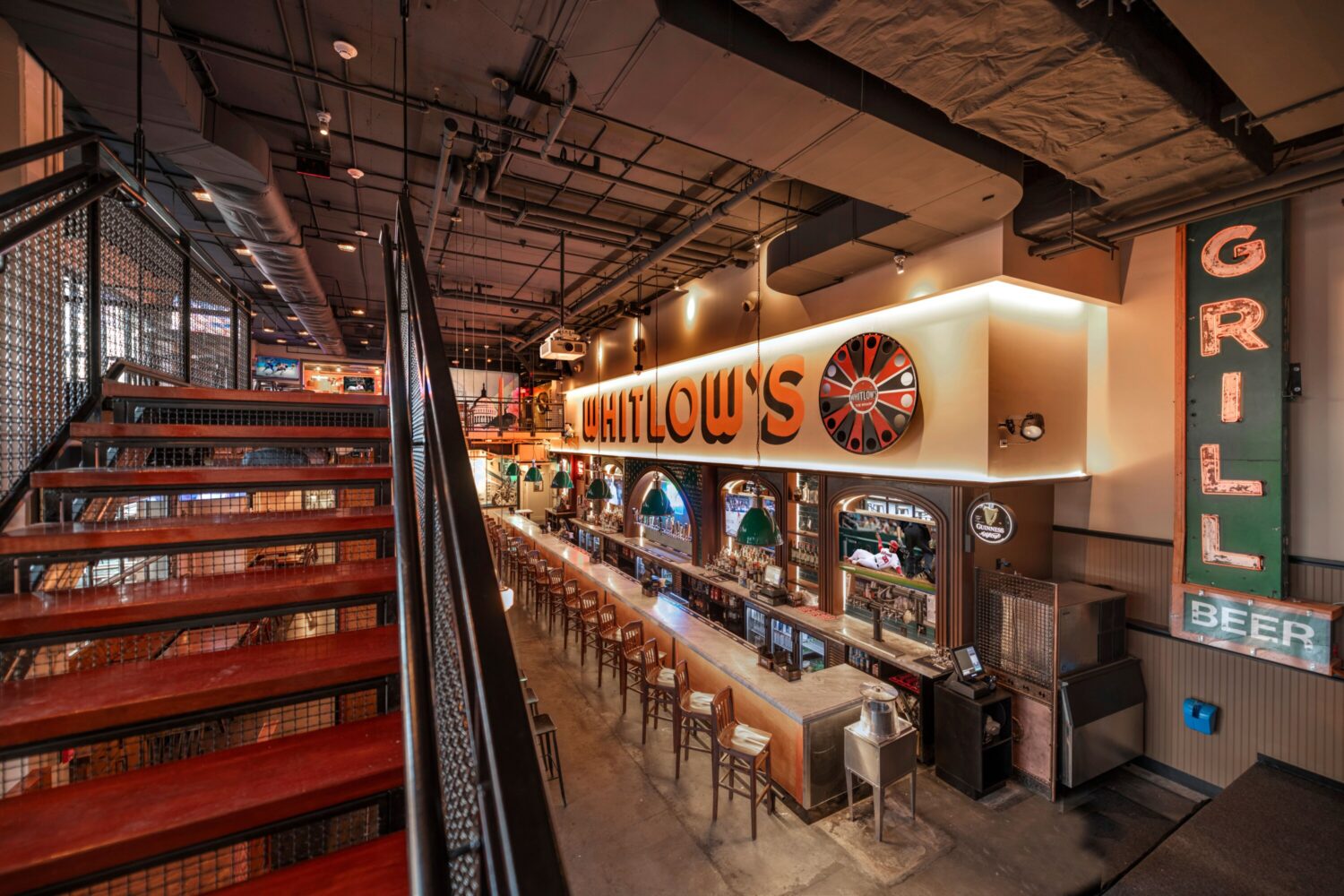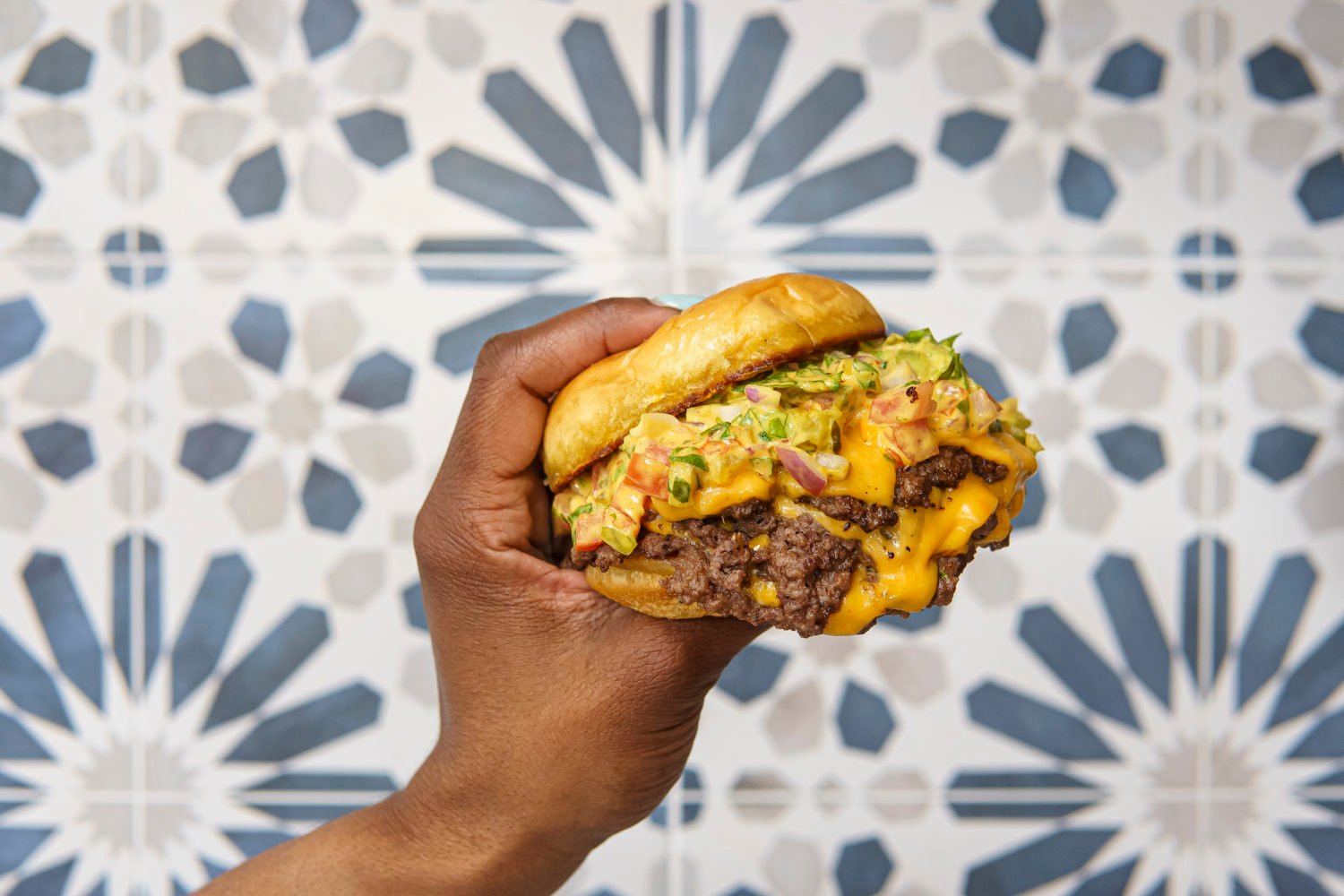Mike Isabella‘s company and former employee Chloe Caras have settled the lawsuit in which she accused the restaurateur and his business partners of sexual harassment. The financial terms of the agreement are confidential, according to a joint statement released by the two sides around midnight last night.
“In settling this case, Ms. Caras met one of her central goals, which was to have MIC enter in a binding agreement obligating it to take corrective measures, including robust training, and to adopt policies to encourage a work environment free of sexual harassment,” Caras’s attorney, Debra Katz says in the joint statement.
“This agreement allows Chloe to focus on her bright future, and allows us to focus on a future in which all of our valued employees will continue to flourish in our management ranks as we remain positive, productive leaders in the D.C. restaurant community,” Isabella says in the statement. “I am happy to personally guarantee that we will strengthen our internal policies and practices and ensure all MIC employees work in a comfortable environment.”
The settlement comes less than two months after Caras, the former operations director for Isabella Eatery, filed suit against Isabella, Beverage Director Taha Ismail, Kapnos Executive Chef George Pagonis, Director Nick Pagonis, and CFO Johannes Allender. In her complaint, Caras accused Isabella of grabbing and sexually propositioning female employees as well as referring to them as “whores” and “bitches.” Caras claims Isabella regularly drank throughout the day at his restaurants, becoming belligerent and sexually inappropriate. On one occasion, she alleges that Isabella threatened to fire a female employee if she did not come with him to the strip club. On other occasions, Caras alleges the partners commented on the size of her butt to other male employees.
Vulgar behavior was also directed toward patrons, Caras claims. She alleges that Isabella and his partners referred to attractive female patrons as “corn” after one chef’s comment that a woman was “so hot, [he’d] eat the corn out of her shit.” Caras says Isabella sent her text messages with corn emojis. Caras claims she was fired after she got in an argument with Isabella after another sexual remark.
Isabella, though, hasn’t apologized or stepped down from his businesses like Mario Batali, John Besh, and other prominent restaurant industry men accused of sexual harassment in the #MeToo era. He’s adamantly denied wrongdoing and instead tried to blame his accuser of bad behavior. In his initial statement responding to the suit, he said Caras engaged in the same “banter, language, and horseplay that she now claims created a hostile working atmosphere.” He also claimed that Caras “stormed off the job” and refused to return to work. A group of ten female employees signed a joint letter of support, saying that he and his team “built a culture based on open-communication, equality, and a productive, friendly work environment.”
In early April, Caras filed an expanded lawsuit in federal court accusing Isabella of using non-disclosure agreements to prevent employees from speaking up about bad behavior. Isabella says the NDAs were meant to prevent leaks about restaurant openings. But Caras’s attorney and other lawyers unaffiliated with the case told Washingtonian that the NDAs were unusual for their broadness and stiff penalties.
Meanwhile, the Washington Post interviewed 25 people—many of whom spoke anonymously for fear of retribution—about Isabella’s workplaces. They described a toxic culture, more sexist behavior, and a blind eye toward harassment allegations throughout the company. Again, Isabella denied wrongdoing.
While the lawsuit may be over, its consequences will likely still linger. Isabella longtime publicist erased any trace of his restaurants from her website. Nationals Park axed his concession stands. The Restaurant Association Metropolitan Washington disqualified his restaurants from its RAMMY awards. And food news site Eater has decided to removed his businesses from its maps and guides. The real question, though, will be whether the settlement is enough to satisfy diners.



